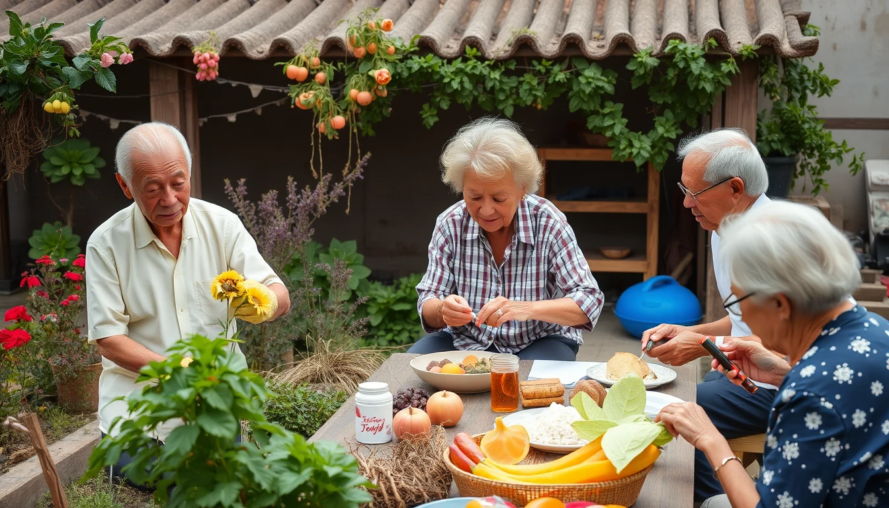Retirement marks a major life transition, and its impact varies across cultures. While some societies see it as a time of relaxation, others view it as an opportunity for continued contribution and purpose. Understanding these diverse perspectives can offer valuable perception into how we approach aging and post-retirement life.
Japan: The Ikigai Philosophy
In Japan, aging is embraced with grace and purpose. The concept of Ikigai, which means “reason for being,” encourages retirees to find joy and meaning in daily activities. Rather than viewing retirement as an end, many Japanese people see it as a new beginning. In Okinawa, one of the world’s “Blue Zones” where people live exceptionally long lives, retirees remain active by gardening, engaging in social groups, and mentoring younger generations. There’s no word for “retirement” in the Okinawan dialect; instead, they talk about living with purpose until their last breath.
Greece: The Art of Relaxation
Greek culture values a relaxed, stress-free approach to retirement. The island of Ikaria, another “Blue Zone,” boasts one of the highest percentages of centenarians in the world. Here, retirees continue to be active, but on their terms. They spend time with family, enjoy long meals with friends, and engage in communal activities. Rather than rushing through life, they embrace a slower, more fulfilling pace, leading to lower rates of depression and anxiety in older adults.
United States: The Pursuit of Reinvention
In the U.S., retirement is often seen as a chance for reinvention. Many retirees embark on second careers, travel extensively, or engage in volunteer work. The emphasis on self-reliance and productivity means that many people do not retire in the traditional sense but instead shift to passion projects or flexible work arrangements. However, financial concerns often play a major role in retirement decisions, influencing how and when people can truly relax.
India: The Spiritual Transition
In India, retirement is often seen as a shift towards spiritual fulfillment rather than leisure. Many retirees engage themselves in religious and philosophical pursuits, spending time in temples, meditation, or even going on pilgrimages. The traditional Varnashrama system describes the later stages of life as a time for wisdom-sharing and detachment from material concerns. Elders are respected and often serve as advisors to younger family members.
Scandinavia: Social Security and Well-Being
Scandinavian countries such as Sweden and Denmark provide some of the best social security systems for retirees, ensuring they live comfortably without financial stress. The culture promotes active aging, where retirees participate in educational programs, physical activities, and social clubs. The emphasis is on well-being, with government support allowing older individuals to maintain independence and dignity in their later years.
Africa: The Community-Centered Approach
In many African cultures, aging is deeply respected, and retirement does not mean withdrawal from society. Elders play a central role in decision-making, mentoring, and preserving cultural traditions. In rural communities, older adults often remain involved in agriculture, storytelling, and guiding the younger generation. This strong sense of belonging contributes to emotional well-being and a fulfilling retirement.
A Universal Lesson: Embracing Aging with Purpose
Despite cultural differences, one common thread runs through all these perspectives: the idea that aging should not be feared but embraced. Whether it is through finding purpose, nurturing relationships, or staying engaged, a fulfilling post-retirement life is possible. By learning from different cultures, we can shape our own retirement experiences into something truly meaningful and rewarding.
Keep reading foramz for your daily dose of emotional support


Leave a Reply